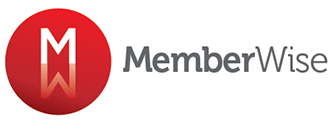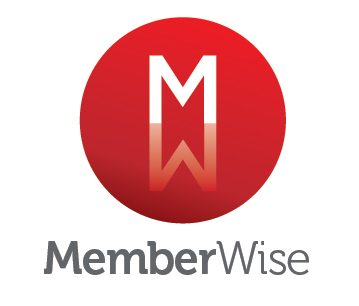As a membership organisation, your members will look to you more so than ever during these challenging times. With jobs and careers being heavily effected by the pandemic, your career centre plays a pivotal role in helping members to either get their career back on track or provide valuable insight into your sector. This blog takes a look at what trends we’ve seen within the recruitment market since COVID-19 hit.
If you’ve been glued to the news like most of society, you already know that unemployment is at an all-time high across the globe. As of September, an estimated 5.3 million workers are still furloughed in the UK and unemployment in the US is at a high of 7.9%. Recruitment trends have been heavily impacted by the COVID-19 outbreak.
As the pandemic continues to impact the economy, world leaders are navigating how to safely reopen various industries to prevent even further damage. The “new normal” is here and understanding how to navigate it will be crucial for online recruitment.
Millions of people around the world are unemployed, and career centres will play an extremely important role over the coming months.
COVID-19 has caused jobseeker behaviour to change and those behavioural changes will likely remain intact as the world slowly reopens.
With one of the largest data sets in the recruitment industry, we analysed our library of career sites to identify trends in jobseeker behaviour since the COVID-19 outbreak.
Jobseeker Keyword Search During COVID19
Prior to the global pandemic popular job searches included keywords like “Project Manager”, “Marketing Assistant”, “Teacher”, or “Driver”.
In the wake of COVID19, jobseeker searches have changed. With society practicing social distancing and countries worldwide in complete lockdown, keywords now revolve around remote working.
While this isn’t surprising, what’s interesting is the different keyword phrases being used across career sites and even in different regions.
Looking at phrasing in Google searches we see the different phrases being applied to the same topic.
Google trends measuring Google searches 1 Mar to 6 Apr 2020.
- Home working
- Working from home
- Remote working
- Remote jobs
If we dive even deeper into the data and look at how searches around these keywords varies by country, it reflects the importance of understanding how jobseekers navigate job searches during the COVID19 outbreak.
 Upon analysing searches across our various career sites, we found similar phrasing ranking in the following order:
Upon analysing searches across our various career sites, we found similar phrasing ranking in the following order:
- Remote
- Home based
- Work from home
- Home
- Home working
- Remote working
Google BERT Update
In the context of Google for Jobs, these variances may not significantly impact populated search results thanks to their Bidirectional Encoder Representations from Transformers (BERT) update in 2019.
The BERT update improved interpretation of search queries and now enables Google to display more accurate, relevant search results.
This means that if a jobseeker searches for “work from home” Google understands that other search queries like “remote work”, “home working”, and similar phrasing all have the same context.
Keyword Variances in the Context of Career Centres
While Google provided a solution for enriching search, our own Global Jobseeker Survey found that many jobseekers struggle with search when navigating career centres.
This is a common problem with many job boards, even the likes of Indeed and Glassdoor. A good example of this is if a jobseeker searches for a Marketing Assistant role. Alongside getting the right results, they’ll also get results for positions like Personal Assistant to VP, Administrative Assistant, Assistant Store Manager, etc.
The New Normal: Remote Work Keyword Searches are Here to Stay
A forecast from Global Workplace Analytics (GWA) estimated that 25-30% of the workforce will continue working at home on a multiple-days-a-week basis by the end of 2021. Working at home, due to the Covid-19 lockdown is being mentioned in job ads frequently.
If your career centre is not equipped with true AI and Machine Learning to accurately identify relevant job ads for a specific search query, you risk losing engagement and conversion from the millions of active jobseekers that will sweep over the recruitment industry in the coming months.
Get our complete analysis in our latest report, Jobseeker Trends Since the COVID-19 Outbreak
In this report you’ll get insights into:
- The impact on traffic and application rates
- Forecasts for recruitment benchmarks
- Forecasts for recovery of the unemployment rate
- Jobseeker keyword search behaviour during COVID19 pandemic
- What solutions your career centre should offer to adapt to jobseeker trends
- Additional content resources your careers site should offer










Leave A Comment